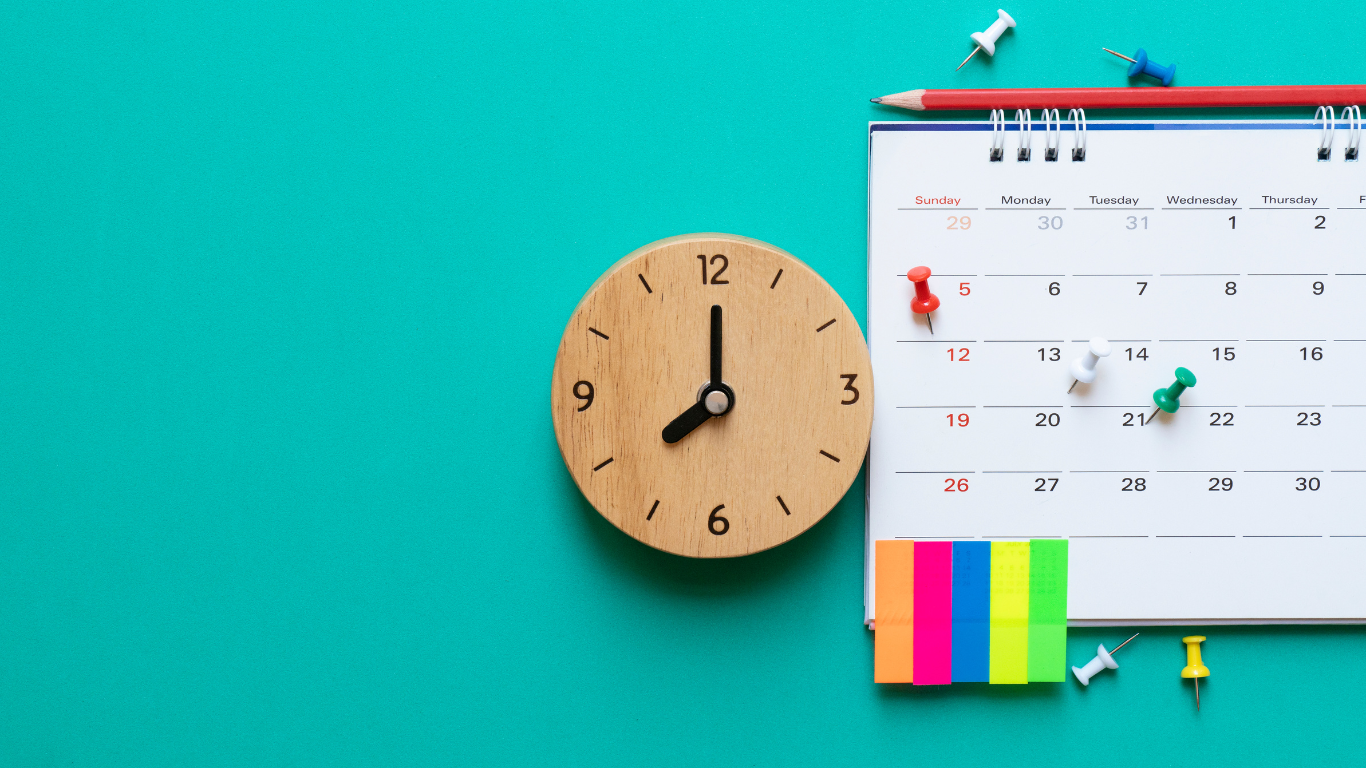The First Steps: Beginning Your Journey to Sobriety at Home
Numbers by the National Institute on Alcohol Abuse and Alcoholism show that over 29 million people aged 12 and older experienced alcohol addiction in the last year. Studies show that only 10 percent of people receive care for their alcohol or substance use disorder.
Undergoing professional treatment to address your alcohol addiction is considered the most effective means of long-term recovery. However, you may not feel ready to take that route just yet, which can leave you feeling stuck between a desire to become sober and the inability to get started. In this case, remember that it’s possible to start your journey to sobriety at home. Here are some of the first steps you should expect to take:
1. Identifying Triggers
Achieving sobriety isn’t a sprint but a marathon. It’s a lengthy process that involves understanding what causes you to drink. These triggers can be external, such as people, places, and situations, or internal, such as emotions, thoughts, and feelings. Exposure to these triggers without proper coping skills puts you at risk of relapsing.
According to the HALT model, there are specific times when you’re most vulnerable to relapse and other self-destructive behaviour. It stands for Hungry, Angry, Lonely, or Tired, and taking a moment to assess if you’re experiencing these needs allows you to become more self-aware of your actions.
Once you determine your triggers, avoiding them and substituting them with different activities can keep you on track toward long-term recovery.
2. Build a Routine
Lack of structure and disorganisation can contribute to stress – a major trigger for relapse. Building a schedule and sticking to a routine allows you to create and achieve other goals. These can be short-term goals,
like keeping a job, or long-term, like improving your credit score. Yes, staying sober is a goal,
but pursuing other goals is what helps you maintain sobriety.
If you previously spent free time drinking with your friends or alone, you’ll need to find new wa
ys to spend that time. This is a great opportunity to try new hobbies. Not only do they act as alternatives to drinking, but they allow you to experience joy and pleasure without turning to alcohol.
3. Practice Stress Management
As mentioned above, stress can increase the risk of relapse, which makes stress management a critical aspect of maintaining sobriety. On your journey, you’re likely to experience numerous situations when you feel stressed out.
Seeking support from close friends and a therapist can help you cope with stressful situations. Seeing a therapist at mental health treatment centres allows you to build coping skills. These include mindfulness, gratitude, and cognitive restructuring to reshape negative thoughts.
4. Getting Exercise

Alcohol addiction has a long-term effect on brain chemistry, making it harder for your brain to regulate neurotransmitters that affect your mood. Exercise, on the other hand, can improve brain chemistry, alleviating feelings of low mood that can be a trigger for relapse.
5. Watch What You Eat
Just as exercise offers numerous benefits for staying sober, so does a balanced diet. Long-term alcohol abuse can contribute to nutritional deficiencies. Meanwhile, supplementing the diet with nutrients such as omega-3 fatty acids and amino acids can improve mental well-being, stabilise mood, and reduce the risk of relapse. On the other hand, increased intake of foods high in sugar and unhealthy fats can trigger alcohol cravings and worsen addictive behaviours.
6. Make a Plan for Urges
Your journey to sobriety can get pretty rocky at times, especially when you experience an irresistible desire to drink. It’s best to have a plan for what you’ll do when you encounter these urges. Some of the most effective distractions for urges include:
Talk to Someone
Talking to a close friend, family member, or romantic partner can provide a sense of support in a time of need. You can bring up last night’s football game or talk about something interesting that happened at work.
Get Outdoors
Stepping outside to get some fresh air and physical activity is a great way to distract yourself from the urge to consume alcohol. It can improve levels of norepinephrine, a neurotransmitter that reduces your stress response.
Journaling
Writing about how you feel makes you self-aware of the emotions you experience when craving alcohol. Once you’re aware of these emotions, you can cope with them in a way that doesn’t involve alcohol.
7. Keep Your Environment Alcohol-Free
An alcohol-free environment starts at home, and that means getting rid of alcoholic beverages and other substances. Additionally, you can request guests to bring non-alcoholic beverages if they’re considering bringing something. Similarly, if you’re attending social gatherings, have a plan to avoid consuming alcohol. This can include bringing your own non-alcoholic beverages or knowing what to say if someone asks why you’re not drinking.
8. Have Self-Compassion
While it’s crucial to have safeguards in place to prevent a relapse, you also need to have self-compassion for when you do slip up. It’s important to remember that even though the goal is total abstinence, there’s a chance you may slip up. But this shouldn’t be an excuse to consume more alcohol. Instead, focus on learning from the situation: what made you slip, and how can you avoid it next time? As mentioned before, it’s a marathon, not a sprint.
Conclusion
When beginning your journey to sobriety at home, some of the steps you can take include removing alcohol from your environment, exercising, eating a balanced diet, and having a support group. It’s also important that you practice stress management, have a plan to deal with urges, and practice self-compassion for the times when you do slip up.

